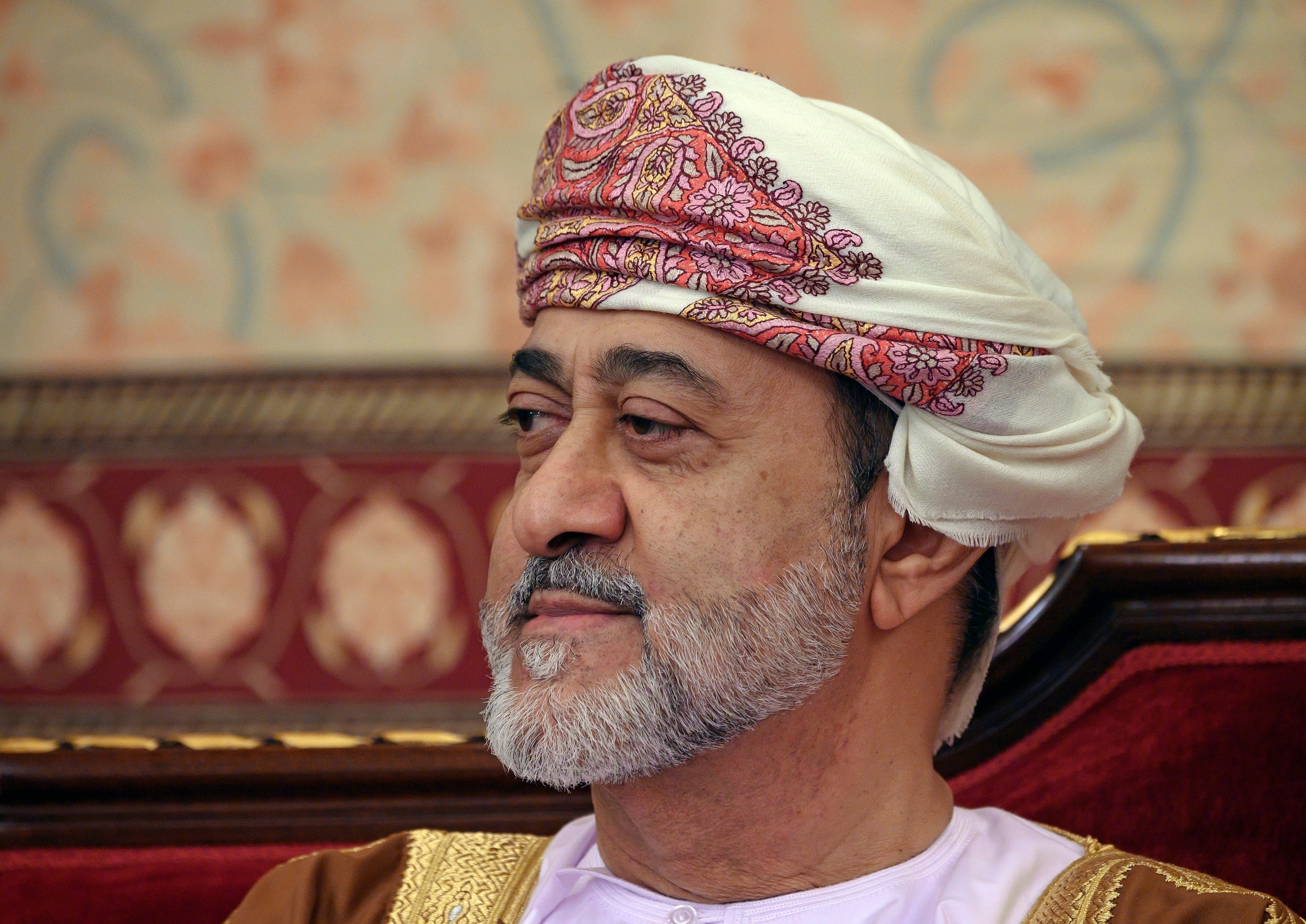Oman sultan creates crown prince post, changes constitution
Oman’s sultan has announced a shake-up of the Gulf country’s constitution with changes that include the appointment of a crown prince for the first time and steps to boost government transparency

Your support helps us to tell the story
From reproductive rights to climate change to Big Tech, The Independent is on the ground when the story is developing. Whether it's investigating the financials of Elon Musk's pro-Trump PAC or producing our latest documentary, 'The A Word', which shines a light on the American women fighting for reproductive rights, we know how important it is to parse out the facts from the messaging.
At such a critical moment in US history, we need reporters on the ground. Your donation allows us to keep sending journalists to speak to both sides of the story.
The Independent is trusted by Americans across the entire political spectrum. And unlike many other quality news outlets, we choose not to lock Americans out of our reporting and analysis with paywalls. We believe quality journalism should be available to everyone, paid for by those who can afford it.
Your support makes all the difference.Oman’s sultan announced a shake-up of the Gulf country’s constitution on Monday with changes that include the appointment of a crown prince for the first time and steps to boost government transparency, the state-run news agency reported.
The move, one year after the death of Sultan Qaboos bin Said, who pulled Oman into modernity and deftly navigated the region’s sectarian and political divides, comes as the government faces growing pressures at home. The constitutional amendments bring iconoclast Oman into closer conformity with other Gulf sheikhdoms and dispel fears of any destabilizing succession crisis in the future.
Sultan Haitham bin Tariq Al Said, the former culture minister, came to power last year amid intense speculation that gripped the sultanate after the death of his cousin, who left no heirs. His name was written in a sealed envelope left in the palace in Muscat.
Now, there will be no more mystery or tempestuous theatrics. Sultan Haitham, who quietly has made his mark over the past year by renaming and reorganizing ministries once controlled by his predecessor, changed Oman’s basic law to allow for the appointment of a crown prince, the succession practice of every other Arab Gulf state.
Monday’s announcement did not specify who the crown prince would be or what responsibilities he would have.
“This is revolutionary,” said Bader al-Saif, an assistant professor of history at Kuwait University who studies Oman. “It took (Sultan Haitham) a year to absorb everything, and now he’s pushing ahead with his own stamp. You don’t change the basic law lightly.”
The sultan’s decree also creates a committee to monitor and evaluate the performance of senior government officials. It is an apparent effort to encourage transparency and accountability as the country struggles to borrow after credit agencies listed its debt as "junk" — meaning at higher risk for default. Debt stood at around 60% of Oman’s gross domestic product last year.
Earlier this month, Oman’s state-run news agency announced that the country expects a 2021 budget deficit of some $5.7 billion, and plans to take on more debt and draw from its reserves to plug the gap. The sultanate, which produces just under 1 million barrels of oil a day, has felt the pain of plunging oil prices amid the coronavirus pandemic. The International Monetary Fund estimated that Oman's economy shrank 10% last year, the sharpest contraction among the Gulf countries.